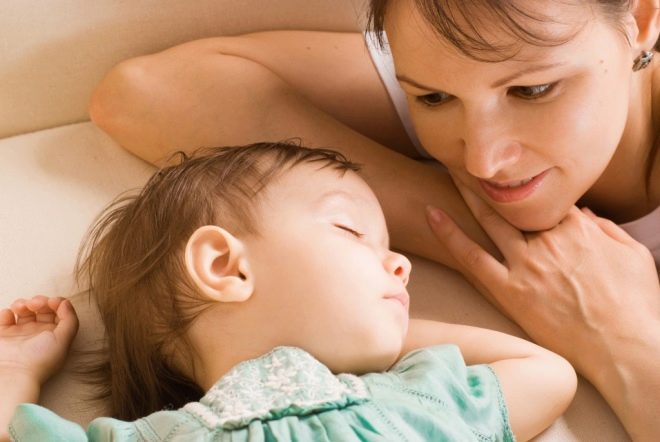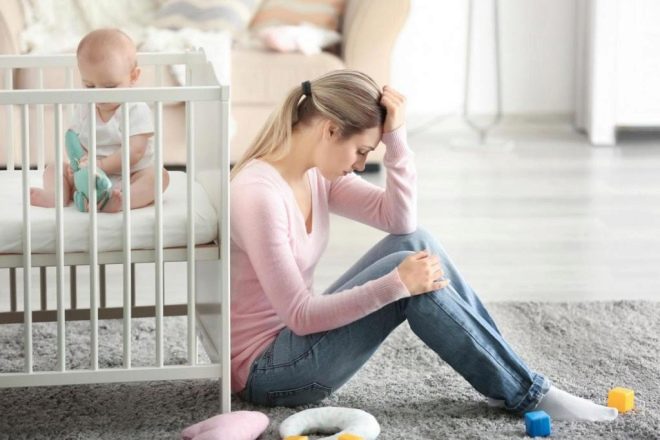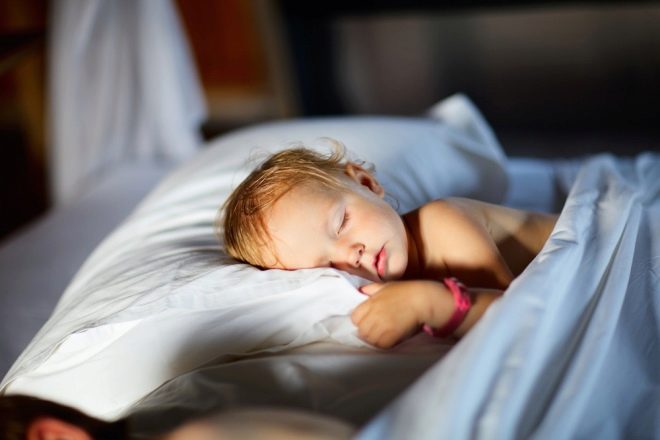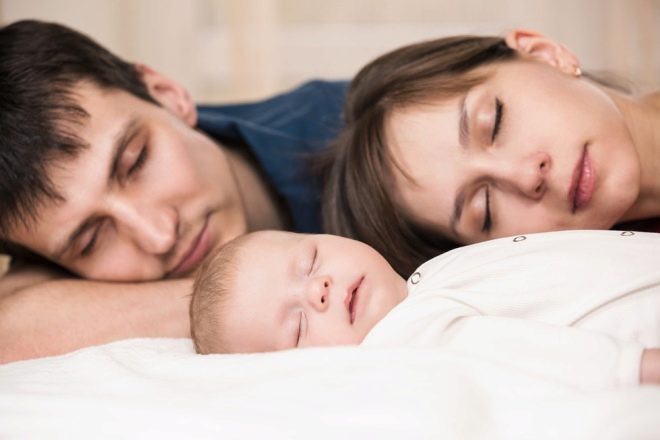Scientists have advised to put the children to bed early
Australian scientists have concluded that an early bedtime baby has a positive effect on the mental health of his parents.
Experts from the Murdoch Research Institute thought about the relationship between the adult psyche and the time of children's sleep. They interviewed 10 thousand children and their parents. The children were found out how much and how they were sent to sleep, and their parents were tested using modern psychiatric diagnostic techniques.
Moms and dads entered the same group of testers who are trying to put the child up to 21 hours inclusive. In the second group were parents who put the child later than this time.
Moms and fathers, who are trying to put the child before, were healthier and more resilient. In the second group of parents, there were many who suffer from chronic stress syndrome, those with doctors who found signs of personality disorder, depressive disorders.
The second part of the experiment was to help figure out is it helpful for the children themselves to go to bed earlier.
All small subjects were divided into several age groups and each carried out a series of psychological tests, and also took readings of the brain electroencephalogram during sleep. It turned out that children laid up until 21 o'clock sleep better, get better sleep. Indicators of their mental and emotional development exceed those of children who go to bed late.
Recommendations Australian experts give very specific: put the child early.
This is useful for himself, as well as for adults, because after the child's "release," they have some free time in order to rest and relax themselves. The best time for bedtime for children from 3 to 9 years old scientists called 20 hours 30 minutes.
Preschoolers need to sleep from 10 to 13 hours a day, and schoolchildren from 9 to 11 hours. If these conditions are met, the health of the child and his parents will be much better.



